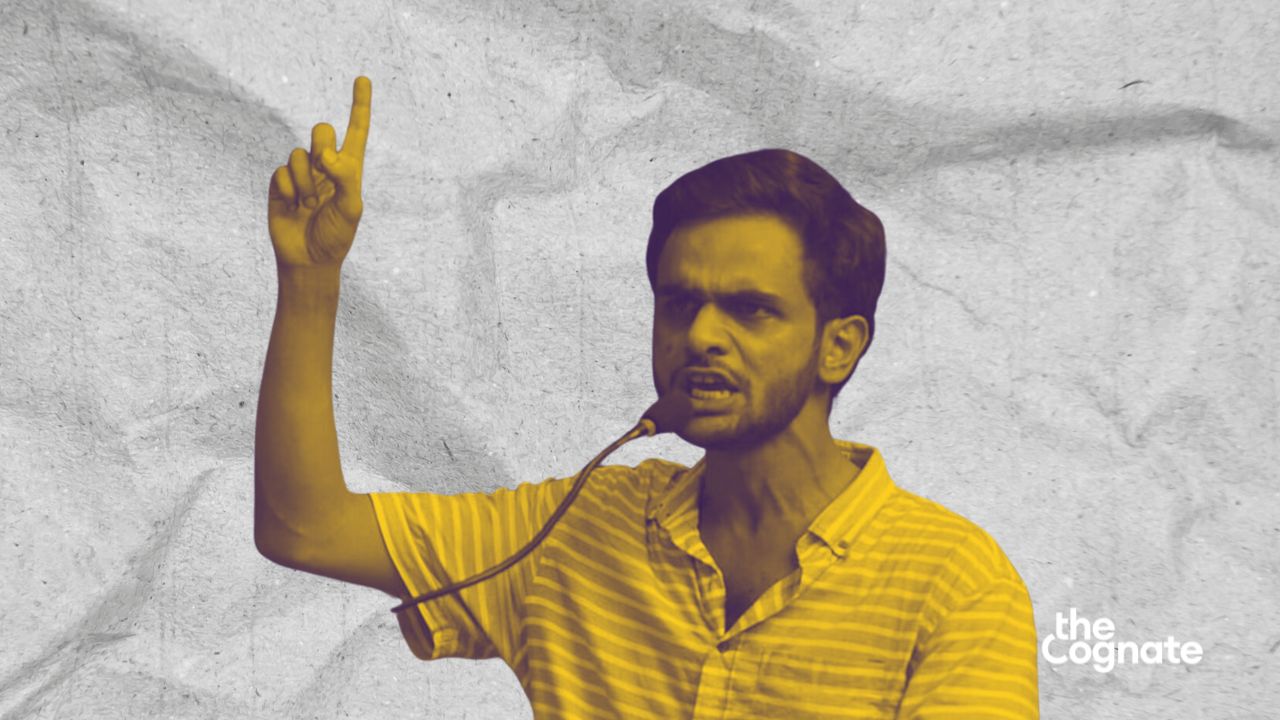The Supreme Court of India has adjourned the hearing on the bail plea filed by former Jawaharlal Nehru University (JNU) student Umar Khalid in connection with a case registered under the Unlawful Activities (Prevention) Act (UAPA). The case pertains to his alleged involvement in the conspiracy behind the northeast Delhi riots of February 2020.
A bench comprising Justices Aniruddha Bose and Bela M Trivedi announced the four-week adjournment, stating that the matter requires a comprehensive examination. The bench emphasized the need to scrutinize the evidence available related to the charges against Khalid, PTI reported.
Senior advocate Kapil Sibal, representing Umar Khalid, was instructed by the bench to provide documentation supporting their claims. The justices suggested a thorough examination of the case, indicating the complexity of the matter.
This development follows Supreme Court judge Justice Prashant Kumar Mishra’s recusal from hearing Khalid’s plea on August 9, 2023.
Umar Khalid had filed a petition challenging the Delhi High Court’s order from October 18, 2022, which had rejected his bail application. The high court had justified its decision by pointing out Khalid’s consistent communication with other co-accused and the prima facie validity of the allegations against him. Furthermore, the high court categorized the actions of the accused as a “terrorist act” under the Unlawful Activities (Prevention) Act.
Umar Khalid, along with Sharjeel Imam and several others, faces charges under the UAPA and various provisions of the Indian Penal Code for allegedly being the “masterminds” behind the violent incidents that occurred during the protests against the Citizenship (Amendment) Act (CAA) and the National Register of Citizens (NRC) in February 2020. The violence resulted in 53 fatalities and over 700 injuries.
Khalid, who was arrested by the Delhi Police in September 2020, had applied for bail on the grounds that he played no criminal role in the violence and lacked any conspiratorial connections with other accused in the case. However, the Delhi Police opposed his bail plea in the high court, describing his speeches as “very calculated” and highlighting his discussion of contentious topics such as the Babri Masjid, triple talaq, Kashmir, the alleged suppression of Muslims, and the CAA and NRC during the protests.
As Umar Khalid’s case continues to unfold, the adjournment of the bail hearing sets the stage for a comprehensive legal examination, which will be closely watched by legal experts and the public alike.












